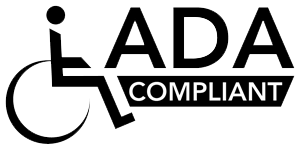Vitamins are organic compounds (they contain carbon) that are necessary in small amounts for good health. The body can break vitamins down, but it cannot produce them, so vitamins have to be supplied in the diet. Vitamins are either water-soluble or fat-soluble.
Water soluble vitamins include Vitamin C and Vitamin B complex. They are present in the watery components of food, distributed in the fluid components of the body, excreted in the urine, needed in frequent small doses, and unlikely to be toxic except when taken in very large quantities.
Fat soluble vitamins include Vitamins A, D, E, and K. They are found in the fat and oily parts of food. Because they cannot be dissolved and absorbed in the bloodstream, these vitamins must be absorbed into the lymph with fat and transported in lipoproteins (protein combined with fat). When consumed in excess of the body’s need, fat-soluble vitamins are stored in the liver and fat cells. Their storage makes it possible for a person to survive months or years without consuming them. Large doses of these vitamins should be avoided.
The safest way to get your vitamins is by consuming good food sources. Check out the table below to get a better idea of how you can get more vitamins in your diet.



